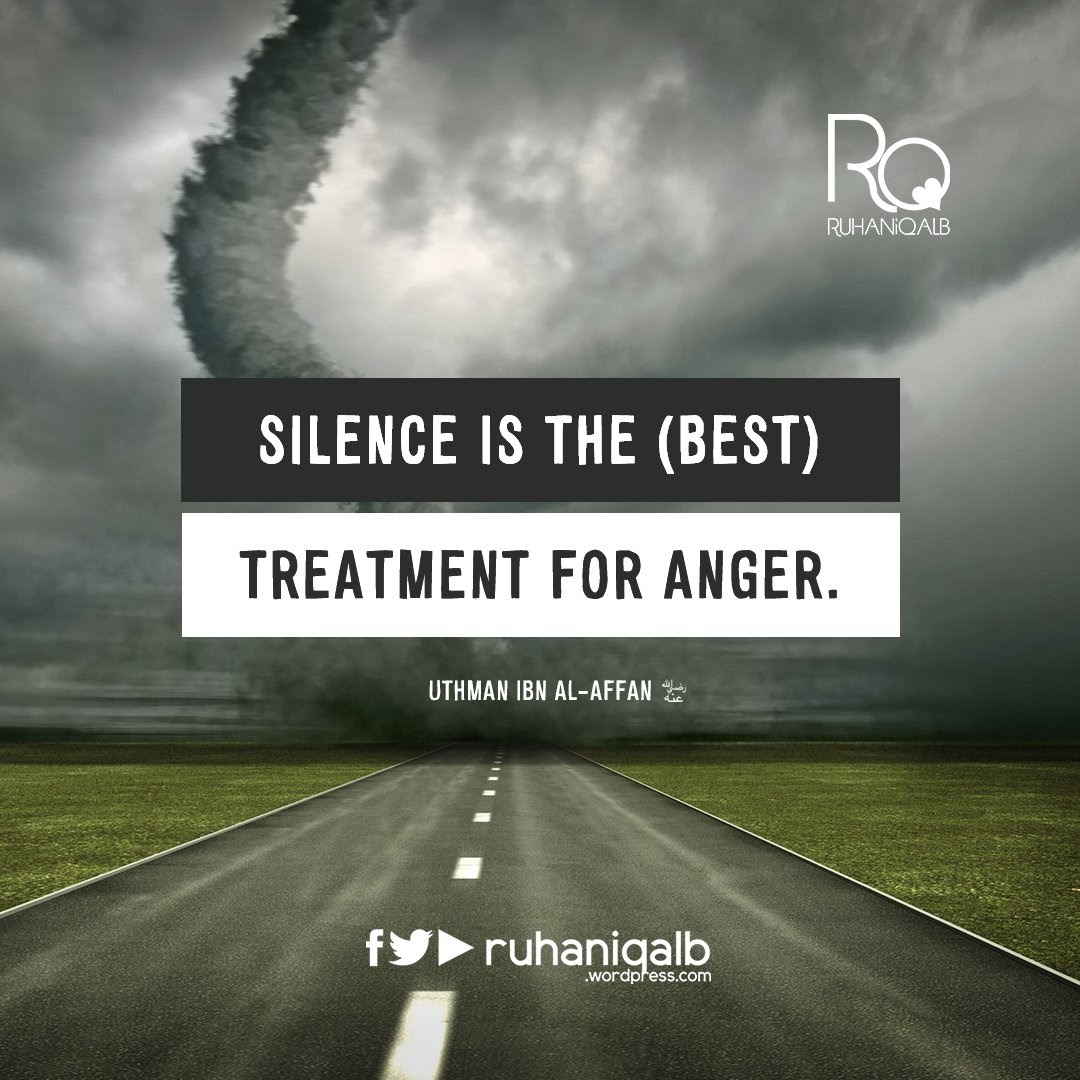
بسم الله الرحمن الرحيم
QUESTION: Is there a mention of the equality of women in the Qur’an?
ANSWER:
Praise be to Allah.
Firstly:
This word – equality – which many thinkers in both the east and the west advocate in various fields of life is a word which is based on deviation and a lack of understanding, especially when the speaker attributes this idea of equality to the Qur’an and to Islam.
One of the things that people misunderstand is when they say that “Islam is the religion of equality”. What they should say is that Islam is the religion of justice.
Shaykh Ibn ‘Uthaymeen (may Allah have mercy on him) said:
“Here we should note that there are some people who speak of equality instead of justice, and this is a mistake. We should not say equality, because equality implies no differentiation between the two. Because of this unjust call for equality, they started to ask, what is the difference between male and female?’ So they made males and females the same, and then the communists said, ‘What difference is there between ruler and subject? No one has any authority over anyone else, not even fathers and sons; the father has no authority over his son,’ and so on.
But if we say justice, which means giving each one that to which he or she is entitled, this misunderstanding no longer applies, and the word used is correct. Hence it does not say in the Qur’aan that Allaah enjoins equality, rather it says (interpretation of the meaning):
“Verily, Allah enjoins Al‑‘Adl (i.e. justice)”
[al-Nahl 16:90]
“and that when you judge between men, you judge with justice”
[al-Nisa’ 4:58]
Those who say that Islam is the religion of equality are lying against Islam. Rather Islam is the religion of justice which means treating equally those who are equal and differentiating between those who are different.
No one who knows the religion of Islam would say that it is the religion of equality. Rather what shows you that this principle is false is the fact that most of what is mentioned in the Qur’aan denies equality, as in the following verses:
‘Say: Are those who know equal to those who know not?”
[al-Zumar 39:9]
‘Say: Is the blind equal to the one who sees? Or darkness equal to light?’
[al-Ra’d 13:16]
‘Not equal among you are those who spent and fought before the conquering (of Makkah, with those among you who did so later’
[al-Hadeed 57:10]
‘Not equal are those of the believers who sit (at home), except those who are disabled (by injury or are blind or lame), and those who strive hard and fight in the Cause of Allaah with their wealth and their live’
[al-Nisa’ 4:95]
Not one single letter in the Qur’an enjoins equality, rather it enjoins justice. You will also find that the word justice is acceptable to people, for I feel that if I am better than this man in terms of knowledge, or wealth, or piety, or in doing good, I would not like for him to be equal to me.
Every man knows that he find it unacceptable if we say that the male is equal to the female.”
Sharh al-‘Aqeedah al-Waasitah, 1/180-181
Based on this, Islam does not regard men and women as equal in matters where regarding them as equal would result in injustice to one of them, because equality that is inappropriate is a severe form of injustice.
The Qur’an commands women to wear clothes that are different from those worn by men, because of the differences in the ways each sex is tempted by the other. The temptation posed by men is less than the temptation posed by women, so the clothes that women should wear are different than the clothes that men wear. It makes no sense to tell women to expose the parts of the body that men are allowed to expose, because of the differences in the temptation posed by a woman’s body and a man’s body – as we shall explain.
Secondly:
There are matters in which men and women are treated differently in Islamic sharee’ah, such as:
1 – Qiwaamah (being in charge of the household)
Allah says (interpretation of the meaning):
“Men are the protectors and maintainers of women, because Allaah has made one of them to excel the other, and because they spend (to support them) from their means”
[al-Nisa’ 4:34]
Ibn Katheer (may Allaah have mercy on him) said:
“Allah says ‘Men are the protectors and maintainers of women’ meaning that the man is in charge of the woman, i.e., he is the leader and head of the household, the one who disciplines her if she goes astray.
‘because Allah has made one of them to excel the other’ i.e., because men are superior to women and are better than women. Hence Prophethood was given only to men, as was the position of khaleefah, because the Prophet (peace and blessings of Allah be upon him) said, ‘No people shall ever prosper who appoint a woman as their ruler.’ This was narrated by al-Bukhaari from the hadeeth of ‘Abd al-Rahman ibn Abi Bakrah from his father. The same applies to the position of qadhi (judge), etc.
‘and because they spend (to support them) from their means’ refers to the mahr and the spending on women’s maintenance that Allah has enjoined upon men in His Book and in the Sunnah of His Prophet (peace and blessings of Allaah be upon him). So a man is inherently better than a woman, and he is superior to her because he spends on her. So it is appropriate that he should be in charge of her, as Allah says, ‘but men have a degree (of responsibility) over them’ [al-Baqarah 2:228].
‘Ali ibn Abi Talhah RA said, narrating from Ibn ‘Abbaas RA: ‘Men are the protectors and maintainers of women’ means that men are the leaders of women and they should obey them in areas where Allah has enjoined obedience. Obedience may mean treating his family kindly and protecting his wealth.”
(Tafseer Ibn Katheer, 1/490)
2 – Testimony or bearing witness. The Qur’an states that the testimony of one man is equivalent to the testimony of two women.
Allah says (interpretation of the meaning):
“And get two witnesses out of your own men. And if there are not two men (available), then a man and two women, such as you agree for witnesses, so that if one of them (two women) errs, the other can remind her”
[al-Baqarah 2:282]
Ibn Katheer RH said:
Two women are to take the place of one man because women are lacking in reason, as Muslim narrated in his Saheeh… from Abu Hurayrah that the Prophet (peace and blessings of Allaah be upon him) said: “O women, give in charity and seek forgiveness a great deal, for I have seen that you form the majority of the people of Hell.” A wise woman among them said, “Why is it, O Messenger of Allah, that we are the majority of the people of Hell?” He said, “Because you curse too much, and you are ungrateful to your spouses. I have seen none lacking in common sense and failing in religion but (at the same time) robbing the wisdom of the wise, besides you.” The woman asked: “O Messenger of Allah, what is wrong with our common sense and our religion?” He said: “Your lack of common sense (can be well judged from the fact) that the evidence of two women is equal to that of one man, that is a proof of the lack of common sense, and you spend some nights (and days) in which you do not offer prayer and in the month of Ramadhan (during the days) you do not observe fast, that is a failing in religion.”
(Tafseer Ibn Katheer, 1/336)
There may be some women who are wiser than some men, but this is not the usual rule and such women are not in the majority. Sharee’ah is based on what is general and most common.
The fact that women are lacking in reason does not mean that they are crazy, rather their reason is often overtaken by their emotions, and this happens to women more often than it happens to men. No one would deny this except one who is arrogant.
3 – A woman inherits half of what a man inherits.
Allaah says (interpretation of the meaning):
“Allaah commands you as regards your children’s (inheritance): to the male, a portion equal to that of two females”
[al-Nisa’ 4:11]
Al-Qurtubi RH said:
Because Allah knows better than they do what is in their best interests, He made the division of inheritance based on differentiation, because He knows what is in their best interests.
Tafseer al-Qurtubi, 5/164
For example, a man is obliged to spend more than a woman, so it is appropriate that he should have a larger share of inheritance than a woman.
4 – Clothing:
A woman’s ‘awrah includes her entire body. The least that can be said is that she should not uncover anything except her face and hands, and it was said that she should not even uncover that.
Allah says (interpretation of the meaning):
“O Prophet! Tell your wives and your daughters and the women of the believers to draw their cloaks (veils) all over their bodies (i.e. screen themselves completely except the eyes or one eye to see the way). That will be better, that they should be known (as free respectable women) so as not to be annoyed. And Allah is Ever Oft‑Forgiving, Most Merciful”
[al-Ahzaab 33:59]
The ‘awrah of a man is the area from the navel to the knees.
It was said to ‘Abdullah ibn Ja’far ibn Abi Talib, “Tell us what you heard from the Messenger of Allah (peace and blessings of Allaah be upon him) and what you saw of him, and do not tell us about anyone else, even if he was trustworthy.” He said, “I heard the Messenger of Allah (peace and blessings of Allah be upon him) say, ‘The area between the navel and the knee is ‘awrah.’”
Narrated by al-Hakim in al-Mustadrak (6418)
Other examples include the following, which is not a comprehensive list.
There are other differences between the sexes, including the following:
- A man can marry four women, but a woman can only have one husband.
- A man has the right to issue a divorce and it is valid if he does so, but a woman does not have the right to issue a divorce.
- A man may marry a woman from among the People of the Book (Jews and Christians), but a Muslim woman may not marry anyone but a Muslim.
- A man may travel without his wife or any of his mahrams, but a woman may not travel unless she is accompanied by a mahram.
- Prayer in the mosque is obligatory for men, but not for women; a woman’s prayer in her house is more beloved to Allah.
- A woman may wear silk and gold, but a man must not wear them.
Everything that we have mentioned is based on the difference between men and women, because the male is not like the female. Allah says (interpretation of the meaning):
“And the male is not like the female”
[Aal ‘Imran 3:36]
The male is different from the female in many ways, in his strength, in his body, in his toughness and roughness, whereas women are soft and gentle.
And men are different in intellectual terms, for men are known for their strength of understanding and their memory as compared to women. Women are weaker than men in memory and forget more than men do. This is well known, for most of the reputable scholars in the world are men. There are some women who are more intelligent and have better memories than some men, but this does not cancel out the general rule. Most cases are as we have described above.
With regard to emotions, men speak of them when they get angry or when they are happy, but women are affected by the slightest emotional effects, so their tears flow at the slightest emotional provocation.
Jihad is obligatory for men, but jihad in the sense of fighting is not obligatory for women. This is the mercy of Allah towards them, and consideration for their nature.
In conclusion we may say that the rulings for men are not like the rulings for women.
Thirdly:
Islam regards men and women as equally obliged with regard to many acts of worship and interactions with others. For example, women do wudoo’ just as men do, they do ghusl as men do, they pray as men do, and they fast as men do, except when they are menstruating or bleeding following childbirth. Women pay zakaah as men pay zakaah, and they do Hajj as men do, except for a few differences in the rulings. It is permissible and acceptable to buy from a woman, and if a woman gives charity, that is permissible. It is permissible for a woman to set free the slaves that she owns, and there are many other similar cases because women are the twin halves of men, as it says in the hadeeth:
It was narrated that ‘Aa’ishah said: The Messenger of Allah (peace and blessings of Allah be upon him) was asked about a man who finds some wetness (on his clothes) but did not have an erotic dream, and he said, “He should do ghusl.” He was asked about a man who had an erotic dream but did not find any wetness, and he said, “He does not have to do ghusl.” Umm Salamah said, “O Messenger of Allah, if a woman sees that, does she have to do ghusl?” He said, “Yes, for women are the twin halves of men.”
(Narrated by al-Tirmidhi, 113; Ahmad, 25663.
Conclusion:
Women are like men in some aspects and they differ from them in others. Most of the rulings of Islam apply to men and women equally. In cases where a distinction is made between the sexes, the Muslim regards that as a mercy from Allah and a sign of His knowledge of His creation, but the arrogant kaafir sees it as oppression and injustice, so he stubbornly insists on claiming that men and women are the same. So let him tell us how a man can carry a foetus and breastfeed it? He stubbornly ignores the weakness of women and how they bleed during their monthly period, and he stubbornly beat his head against the rock of reality. But the Muslim is still at peace with his faith, surrendering to the command of Allaah.
“Should not He Who has created know? And He is the Most Kind and Courteous (to His slaves), All‑Aware (of everything)”
[al-Mulk 67:14 – interpretation of the meaning]
And Allah knows best.
Sheikh Muhammed Salih Al-Munajjid (Hafdhahullh).







